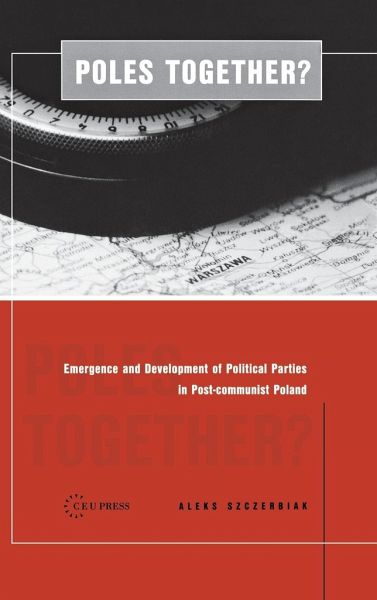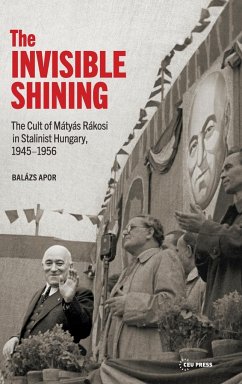
Poles Together?
The Emergence and Development of Political Parties in Postcommunist Poland

PAYBACK Punkte
54 °P sammeln!
By shedding light on an important aspect of the process of democratic transition in the region, the book offers broader conclusions about the process of East European party development and contributes towards the conception of a post-Communist political party model













